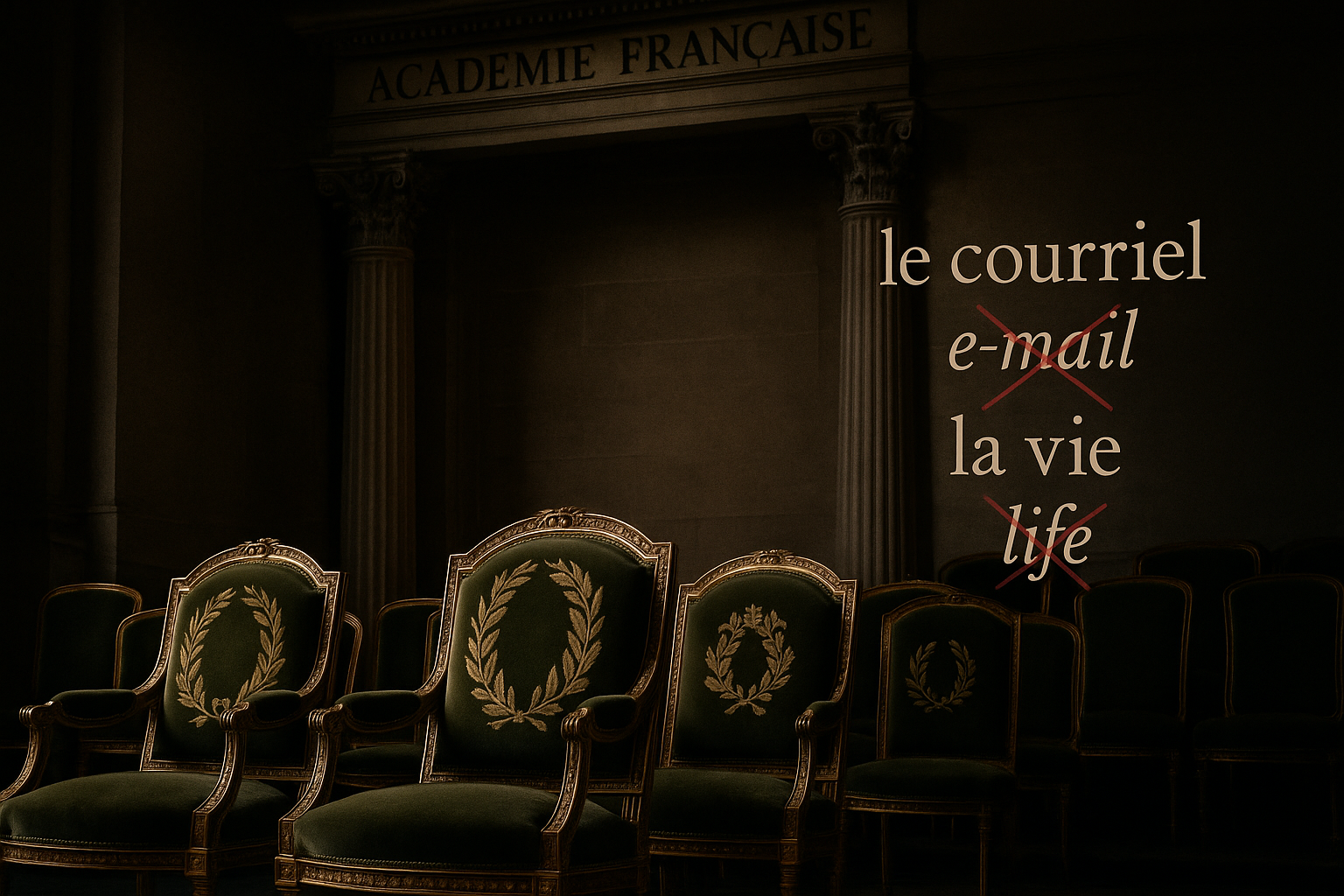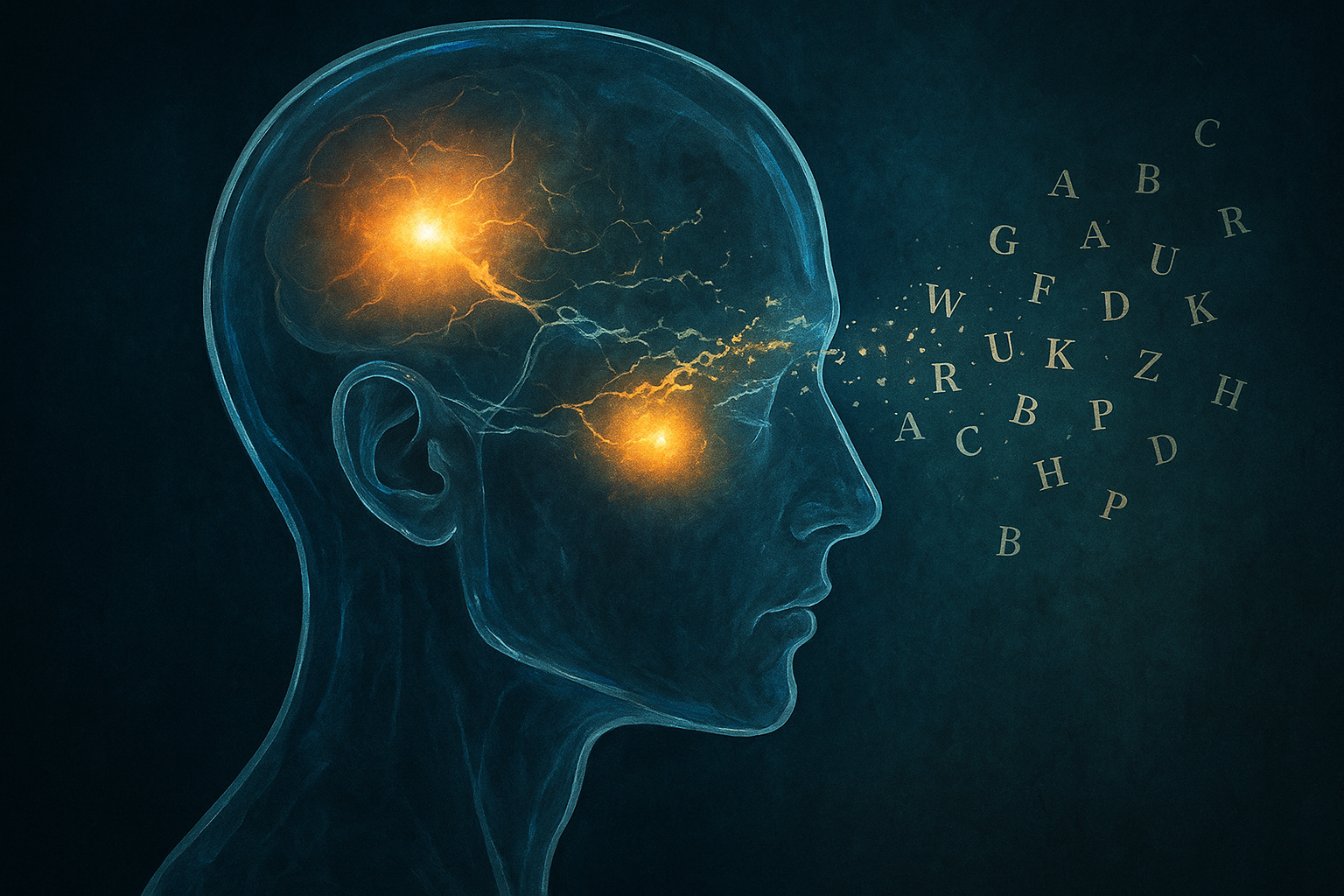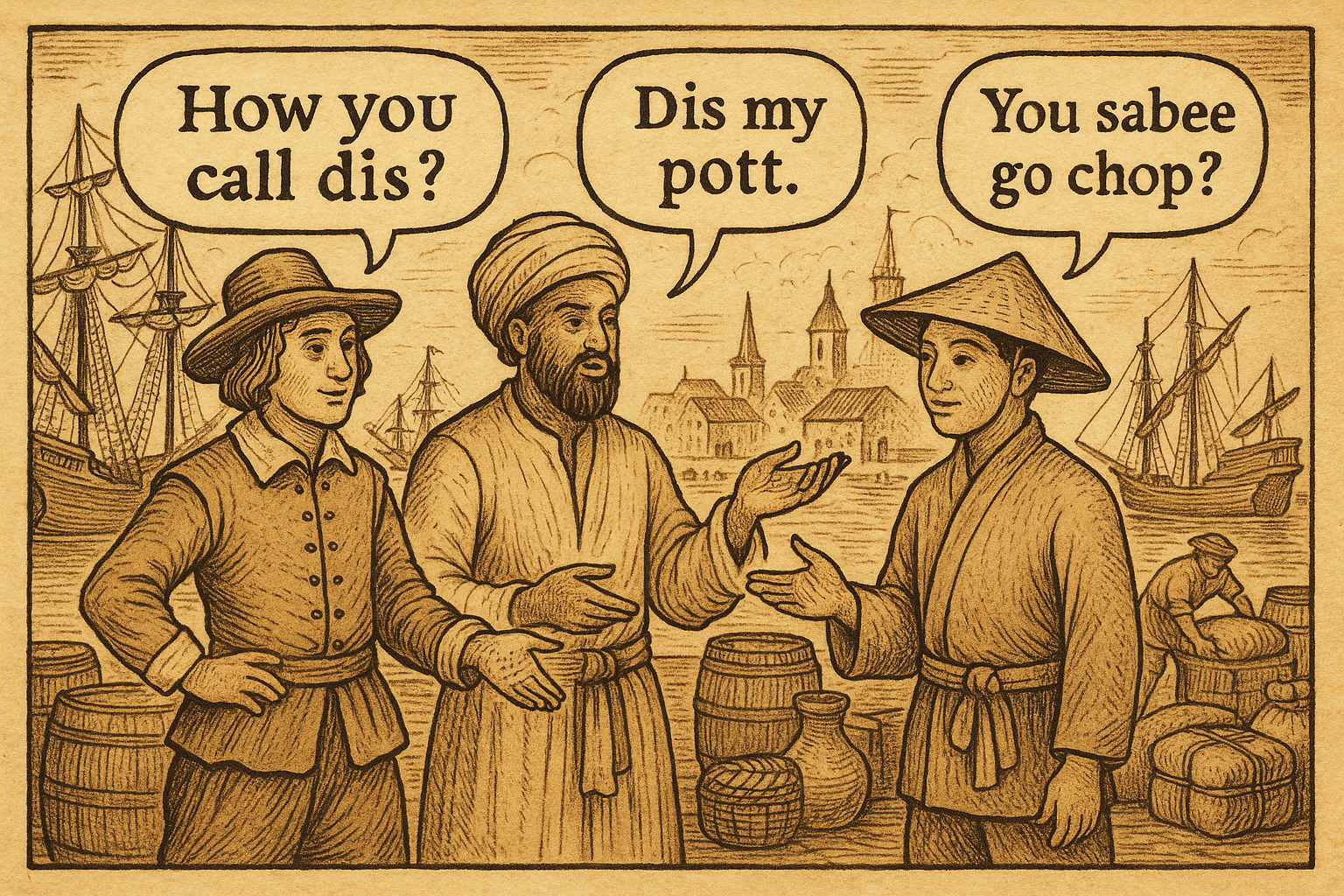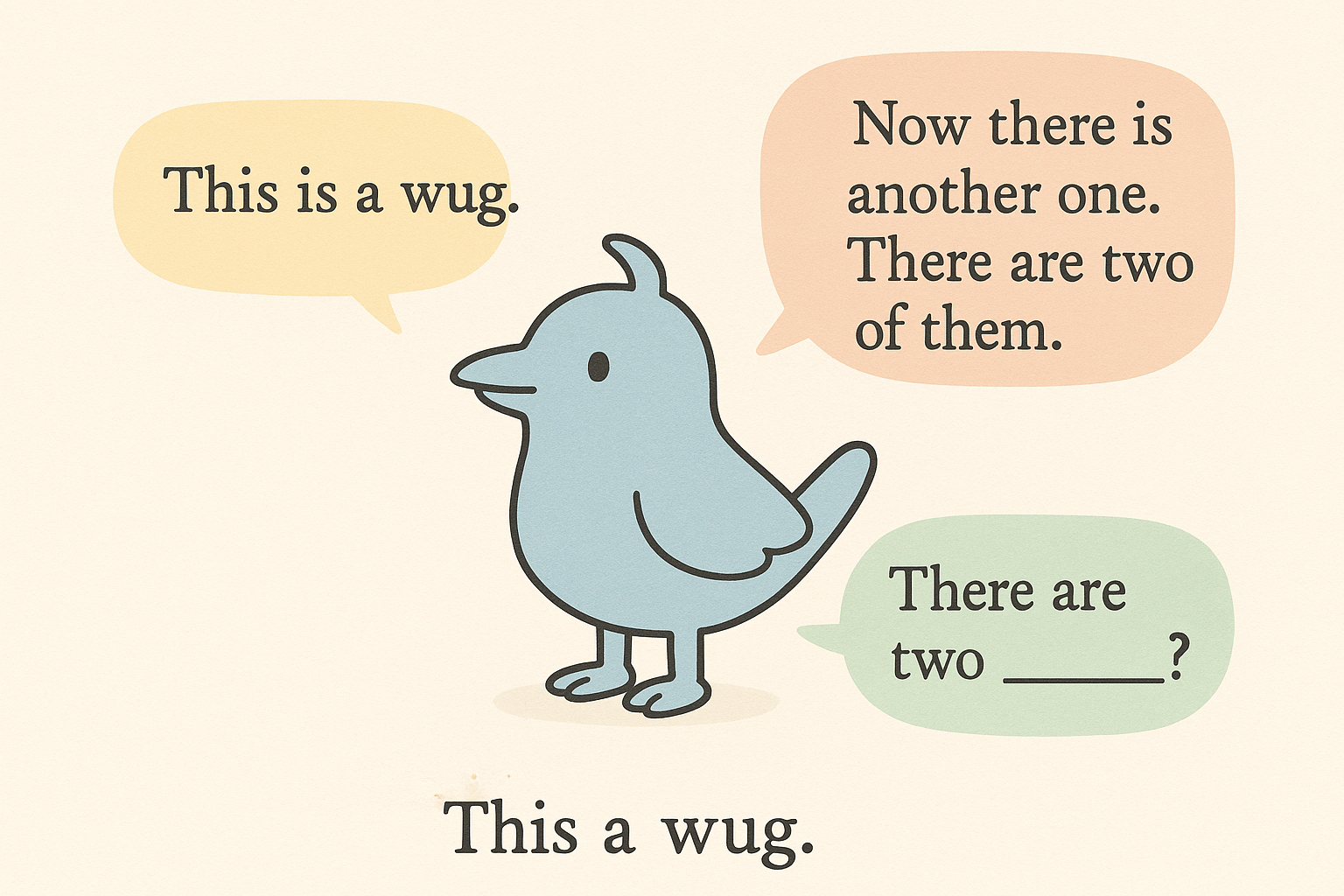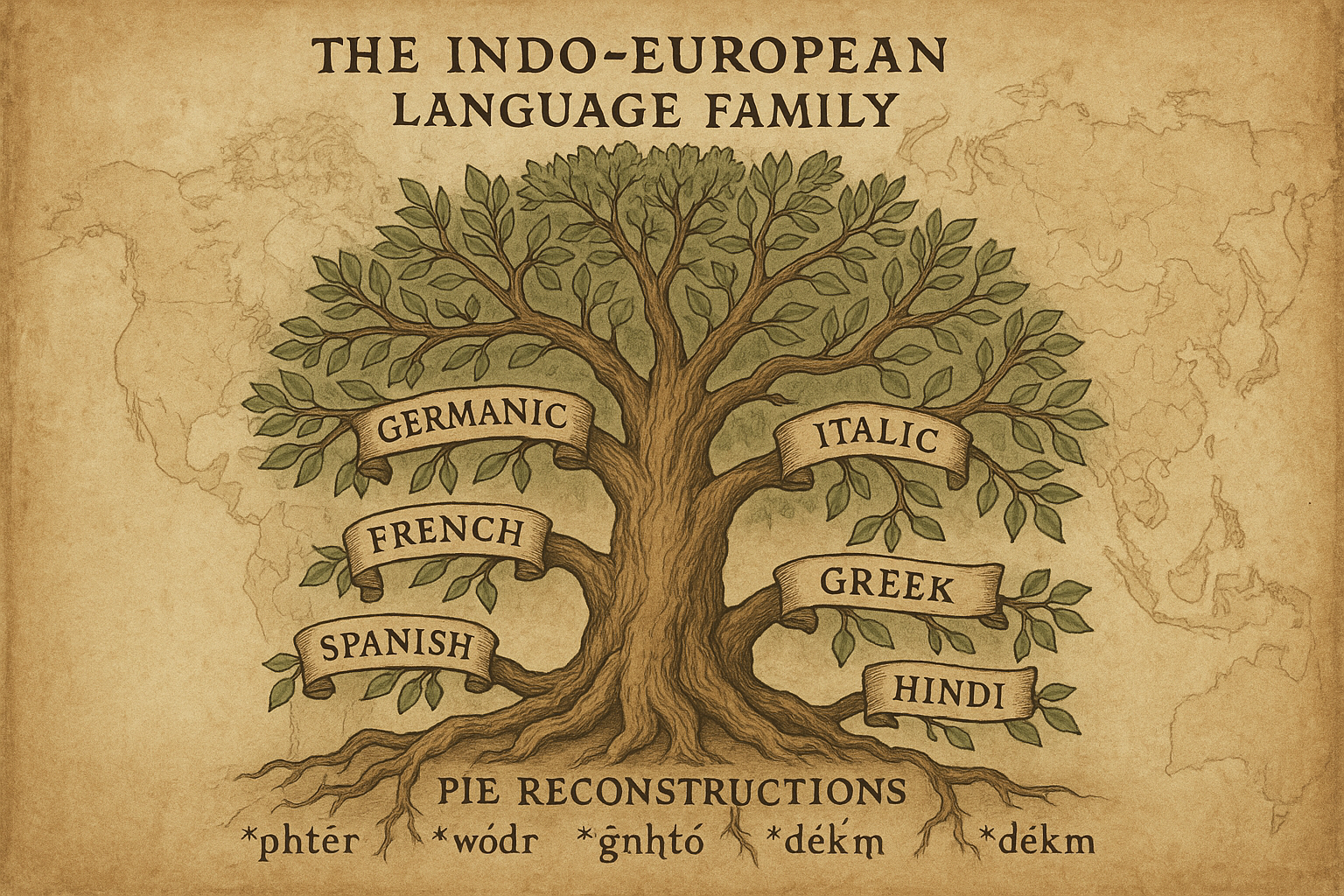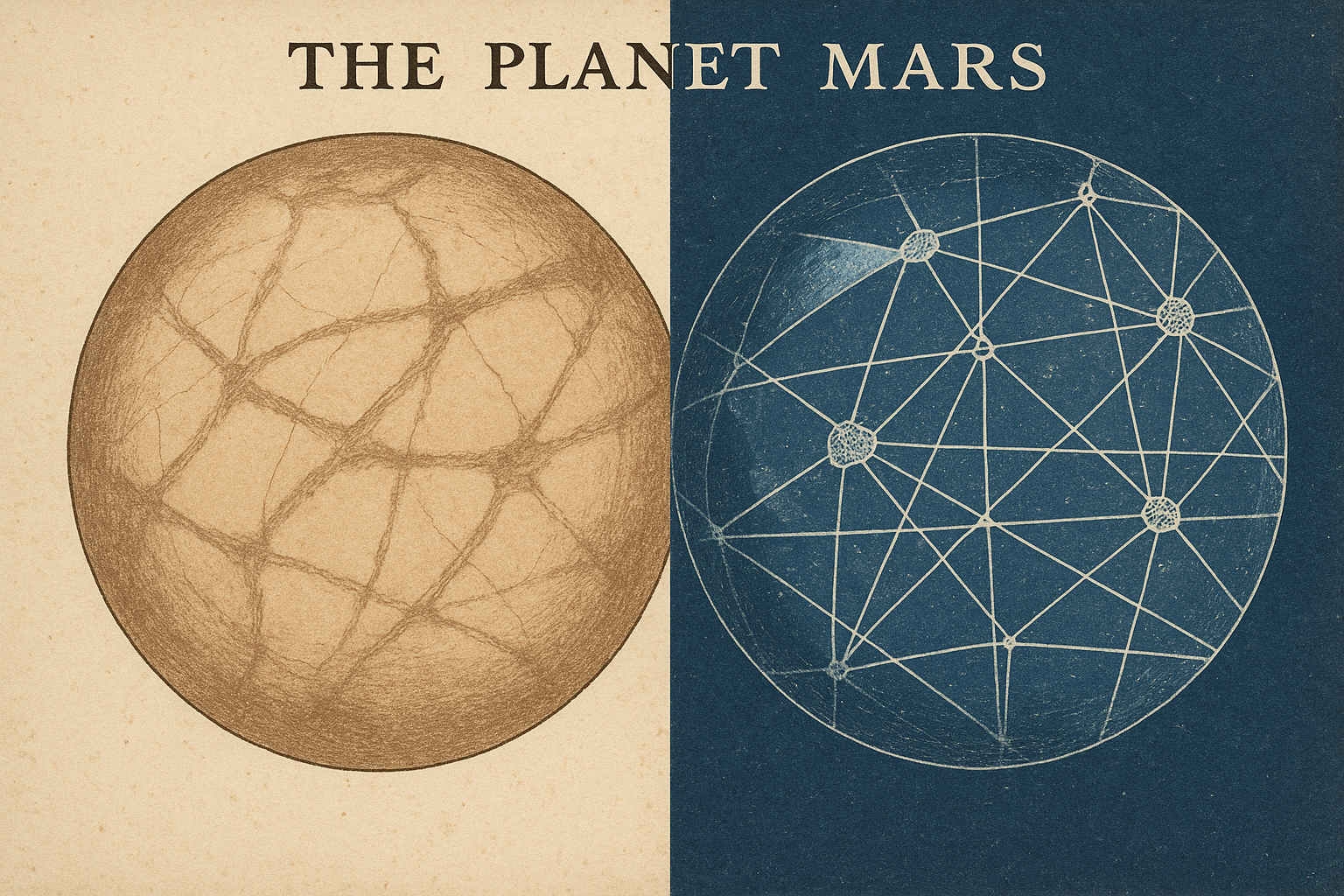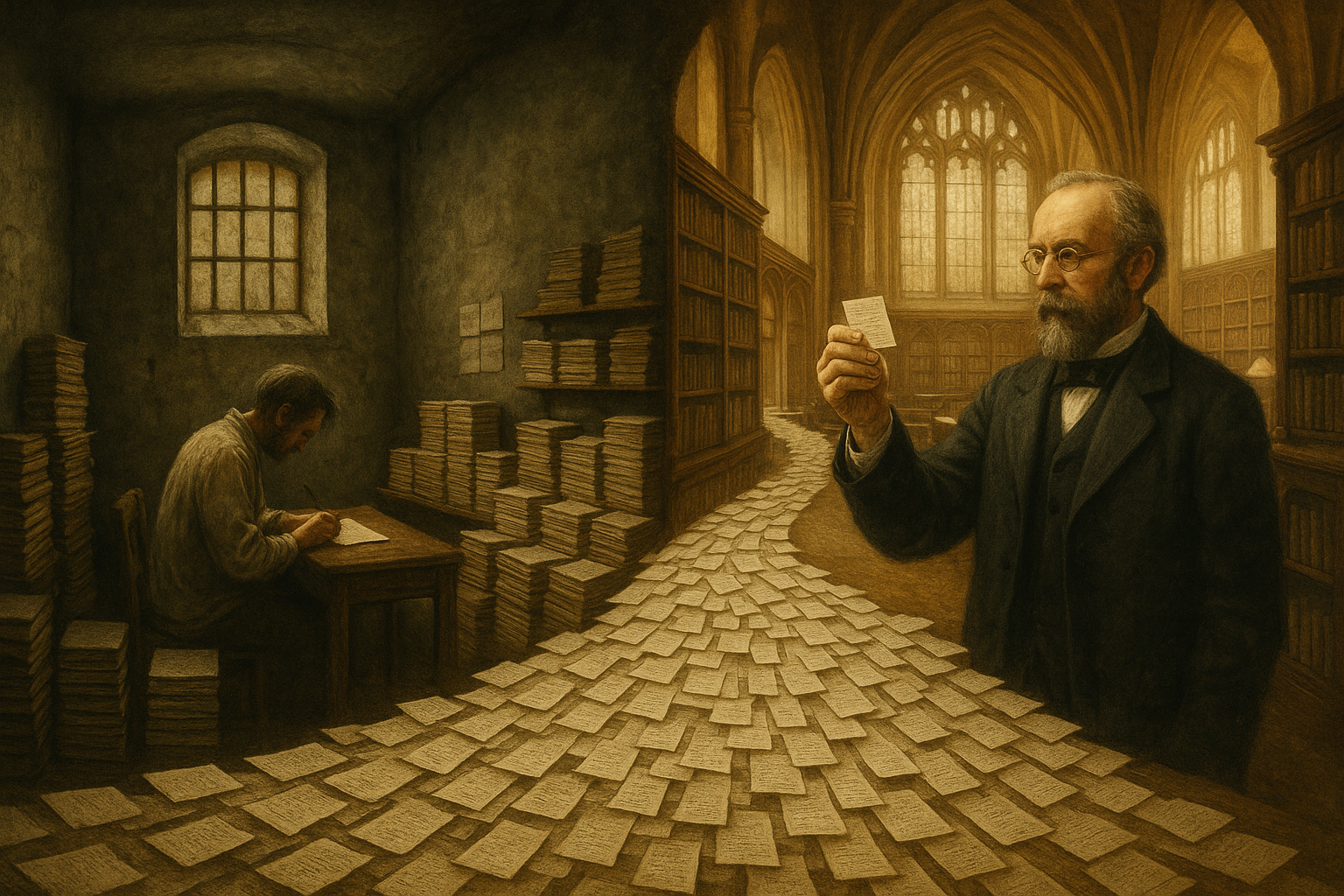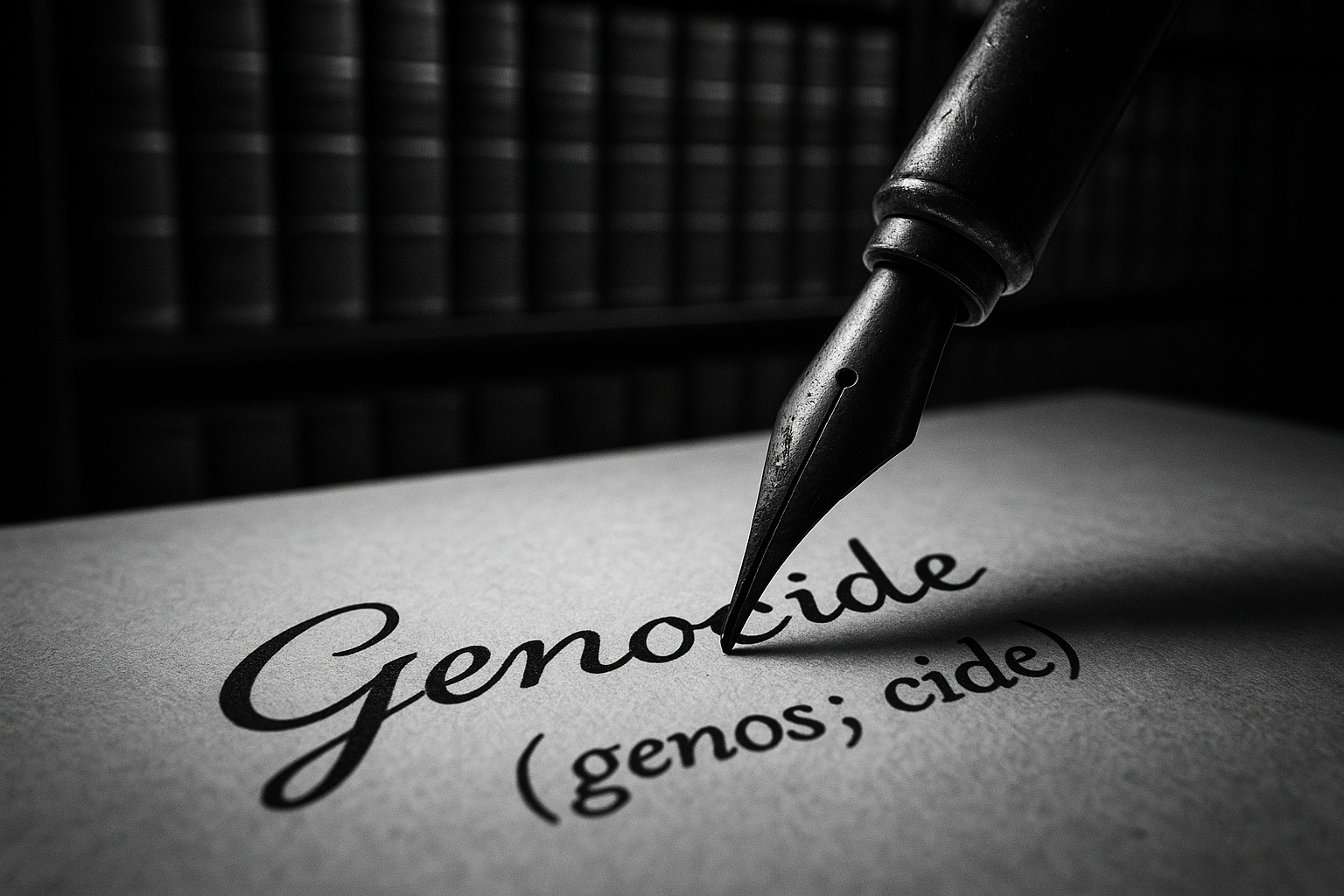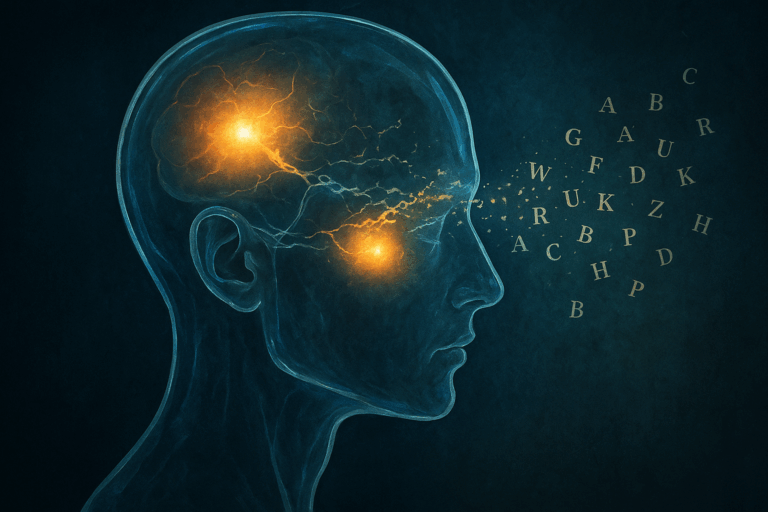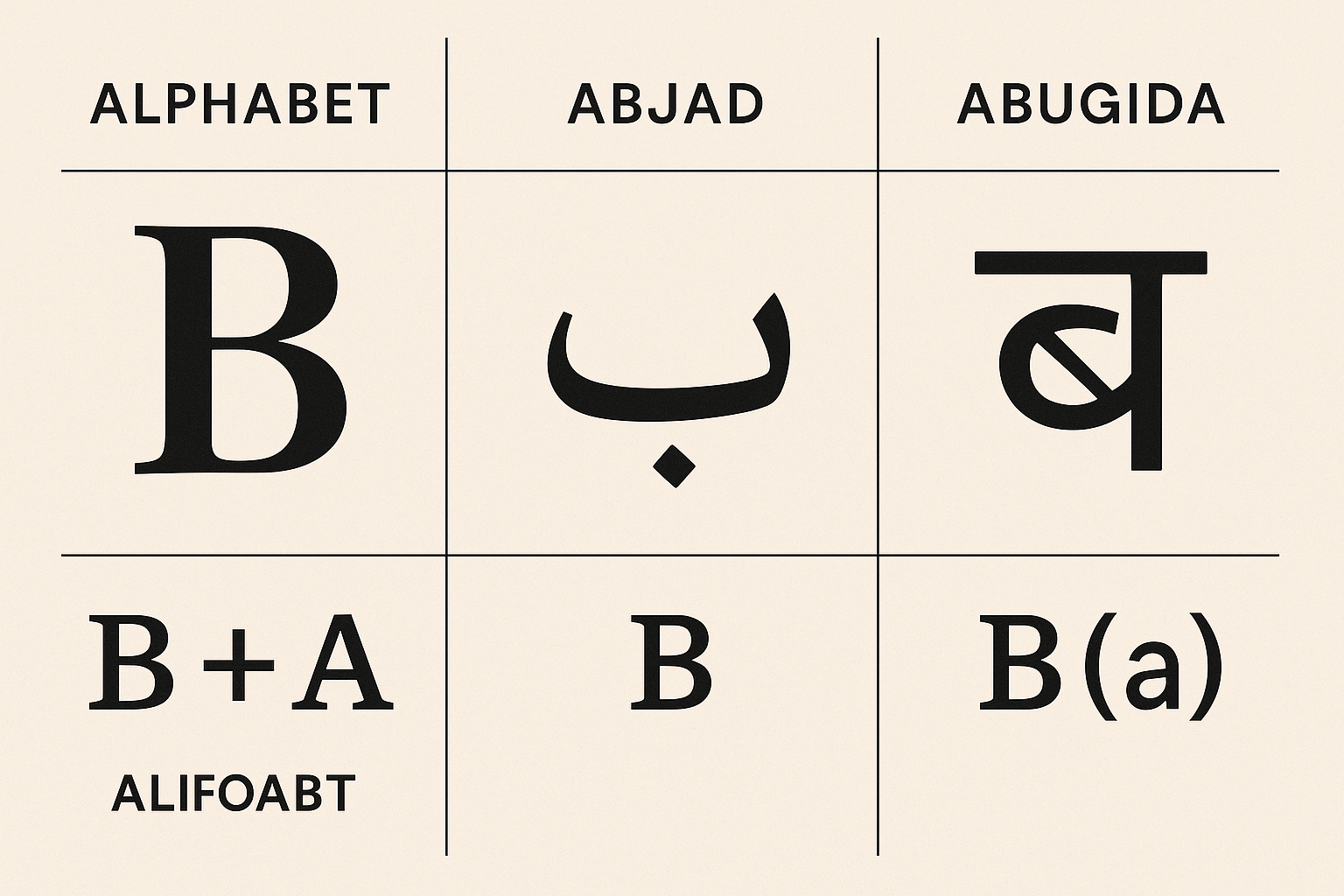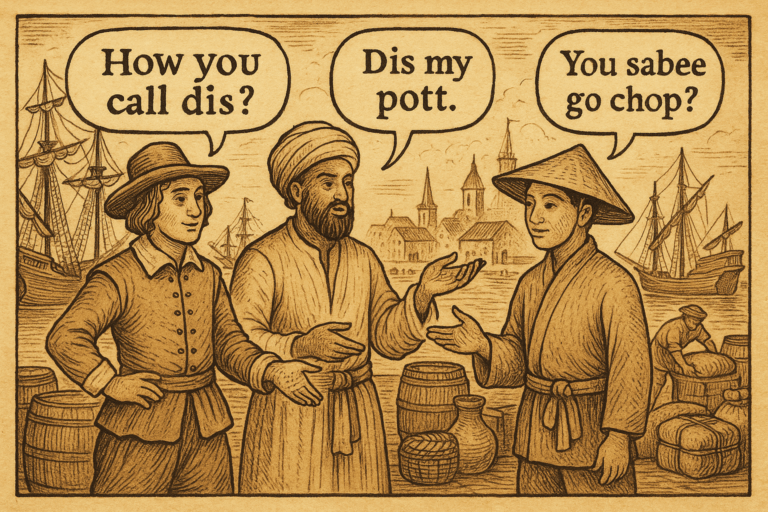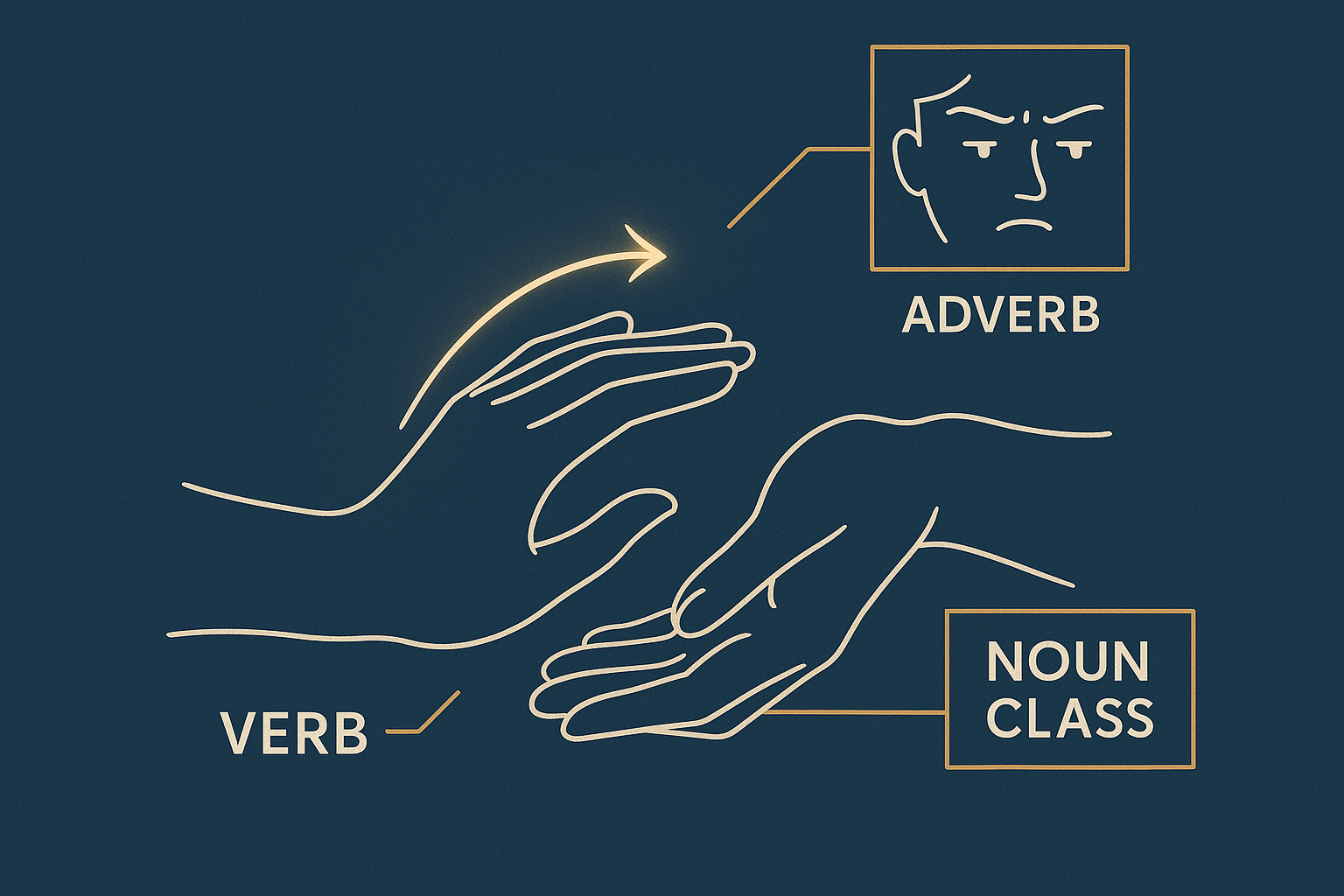The Fight for Purity: Inside the Académie Française and the Quest to Protect the French Language
For nearly 400 years, the forty “immortals” of the Académie Française have stood as the official guardians of the French language. But in a modern world dominated by English loanwords and digital slang, their quest for linguistic purity has become a fascinating and contentious battle. This is the story of their fight to protect French from “le franglais” and the enduring debate over whether a language can—or should—be controlled.
